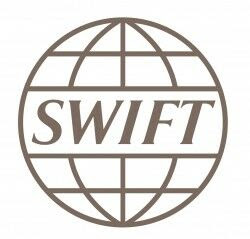The Lagos Chamber of Commerce and Industry (LCCI) has urged President Bola Tinubu to deliver targeted support to Nigerian businesses, particularly Micro, Small, and Medium Enterprises (MSMEs), as they struggle with rising operational costs and economic uncertainties triggered by ongoing reforms.
In response to the President’s Democracy Day address, LCCI Director General emphasized the urgency of government action in easing pressure on key cost drivers such as energy, logistics, and regulatory burdens. She called for swift and strategic interventions to keep businesses afloat in a challenging economic climate.
Highlighting the importance of non-cash measures, she noted that easing production constraints through improved access to finance, energy, and markets is essential for MSMEs, which remain the foundation of Nigeria’s economy. However, these businesses continue to face major barriers, particularly inadequate infrastructure and limited access to credit.
While acknowledging the government’s reform efforts, the LCCI stressed that transparency and consistency in policy communication are critical for restoring investor confidence. The Chamber urged the Tinubu administration to establish transparent monitoring systems that track reform implementation and impact.
It also made several key recommendations: reduce business costs related to energy, logistics, and compliance; strengthen social safety nets for inflation-hit households; invest more in public services like health and education; and focus on strategic sectors such as oil and gas, power, and agriculture. In addition, it called for stronger collaboration between the government, private sector, labour groups, and civil society.
The LCCI advised the federal government to maintain open channels of communication with labour unions to avoid industrial unrest and ensure prompt negotiations around wage and employment terms.
As Nigeria celebrates 26 years of uninterrupted democracy, the Chamber reminded the federal government of the deep connection between political stability and economic growth. It urged leaders to sustain reform momentum while shielding citizens and enterprises from the adverse effects of transition policies.










